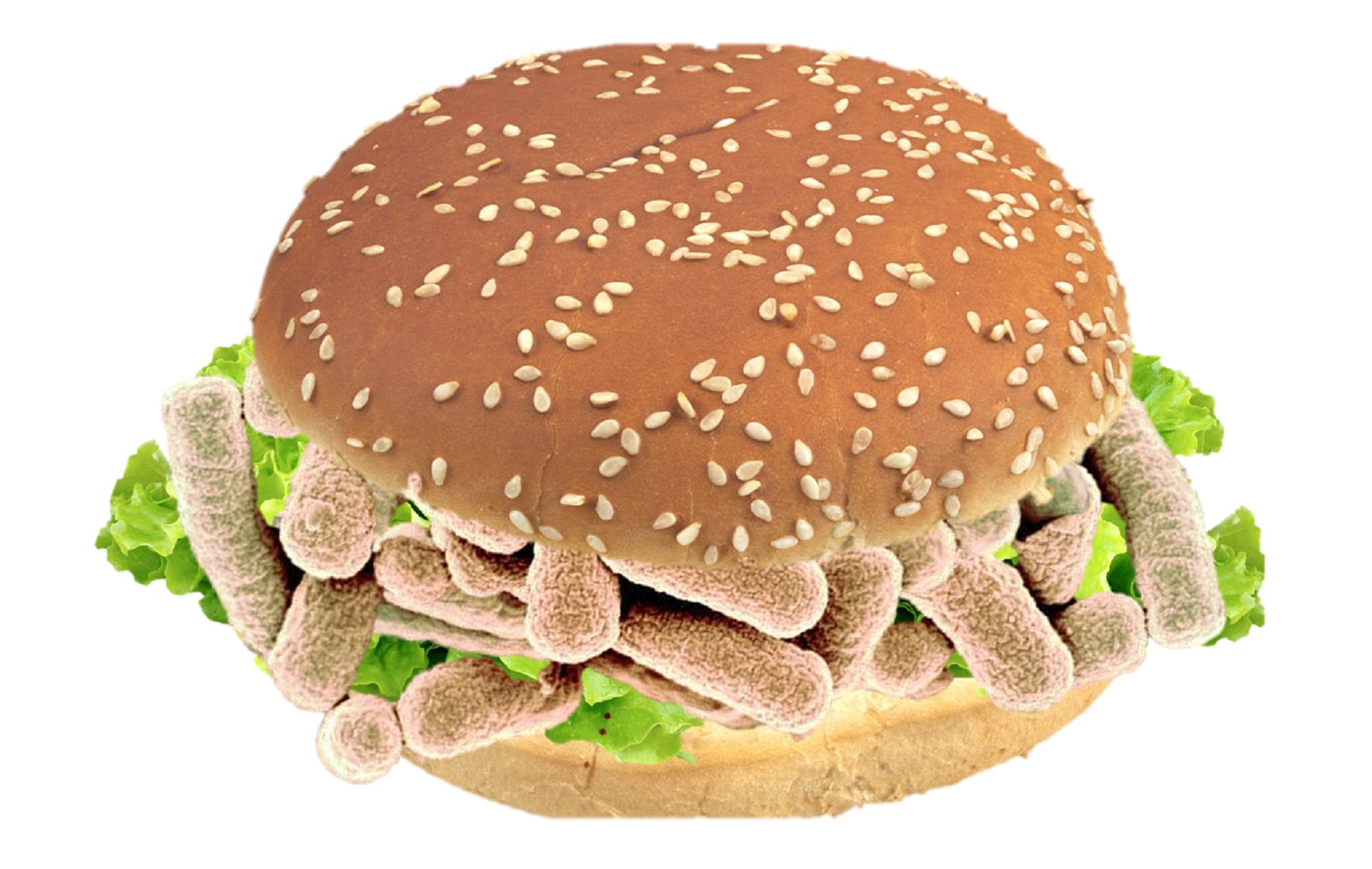Proteins, indispensable!
In order for our bodies to function properly, we need protein. Proteins have many different functions. For example, they are an important component of new cells. Antibodies, which protect us from outside intruders, consist of proteins. Many hormones, such as adrenaline and insulin, are also formed from protein building blocks. Hormones and other substances that do not consist of protein themselves are transported through the body with the help of transport proteins. In other words, indispensable!
Meat pollutes
In order to make our own proteins, we need proteins from food. These are broken down in our bodies into individual building blocks known as amino acids. These amino acids can then be converted in our cells into the body's own proteins. People can eat different types of protein. For example, animal proteins, if we eat meat. The main disadvantage of animal proteins is the energy it takes to produce them. Just like people, animals cannot produce proteins from nothing. They need proteins from plants or other animals to do this. Approximately half of the inhabitable land surface is occupied by agriculture, and three quarters of that is used to produce food for livestock. Growing all that food takes a lot of water, about 70% of our water use. Moreover, livestock farming also releases greenhouse gases, such as methane and CO2. Animal proteins are therefore very harmful to the environment. Thus, It is much better to eat vegetable proteins. This way, the proteins are ingested directly, without having to use a lot of energy to convert them into animal proteins.
Protein without meat
Although vegetable proteins are already much more sustainable than animal proteins, it still takes a lot of land and water to grow them. Chemical pesticides are also often used to keep the crops free of pests. These pesticides can end up in the (ground)water and cause a lot of damage. There is, however, a third way to obtain proteins, of which the production is much cleaner. Microbes, and more specifically bacteria, can also make proteins. In order to do this, the bacterium needs two things: a food source, from which, among other things, carbon, phosphorous and nitrogen can be obtained, and a source of energy. These nutrients can be obtained from many different sources. The bacteria are cultured in large stainless steel tanks. When the number of bacteria has increased significantly, they are harvested and dried. In the end, you are left with a protein-rich powder that can be processed into food. And in this process, no greenhouse gases are created, but cleaned up!
Sustainable protein thanks to bacteria
Bacteria have been used to make proteins for quite some time, but not always sustainably. In the former Soviet Union, factories were already built in the 1960s where bacteria converted straw and wood into protein. However, a lot of CO2 was still produced during this conversion. Researchers at the University of Ghent therefore went looking for a bacterium that can produce protein in a clean way. They discovered it about a year ago. Their microbe can convert CO2 and atmospheric nitrogen into proteins, using hydrogen or oxygen as an energy source. Super clean and the process also eliminates greenhouse gases. Two birds with one stone. The powerful protein powder that you end up with consists of 70% protein. That is more protein than is found in soya, for example, and it can also be produced more quickly. Thanks to these bacteria, we can produce super-protein in the future and do something about the CO2 problem at the same time. Bring on the bacteria burger!
| https://www.ugent.be/bw/nl/onderzoek/ugent-crelanleerstoel/overzicht-artikels/shortcut_naar_duurzaam_eiwit.htm |
| https://eostrace.be/artikelen/zijn-bacterien-het-voedsel-voor-de-toekomst |

